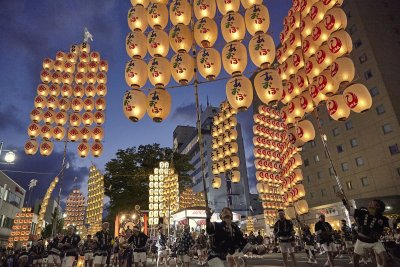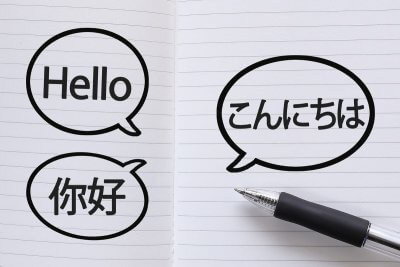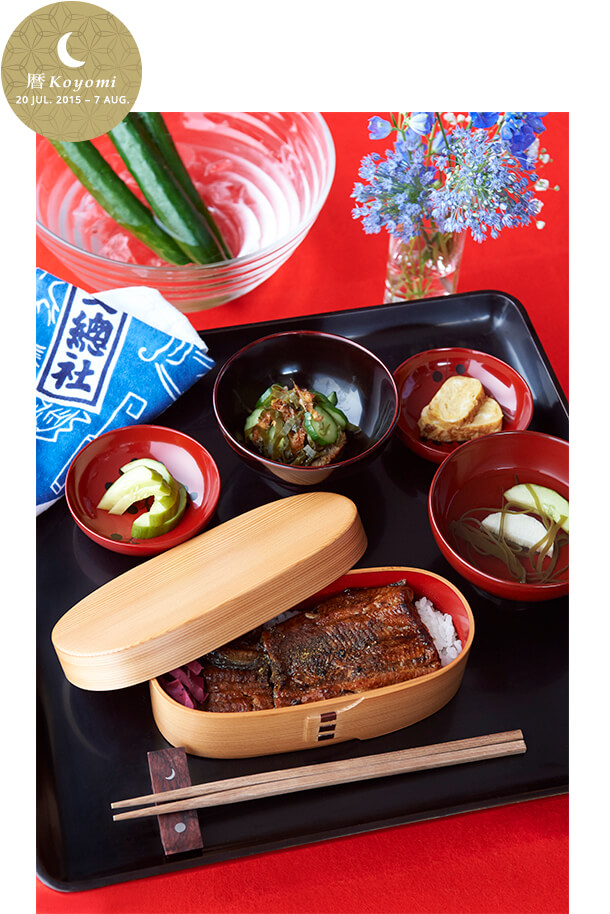Be it the language that shapes the culture or the culture that forms the word, learning about everyday speech in Japanese is a window into the culture. There are many important phrases in Japanese worth learning. One example is the popular Japanese phrase “kuki wo yomu” (空気を読む).
What is the literal meaning of “kuki wo yomu” in Japanese?
The Japanese phrase “kuki wo yomu” is made up of a noun, particle, and a verb. In this case, “kuki” is the noun, “wo” is the particle and “yomu” is the verb. Unlike English, a typical Japanese sentence is structured like this: subject + object + verb.
The word “kuki” in Japanese translates to “air” in English. Here is how to write the Japanese word “kuki” in hiragana and kanji: くうき(hiragana), 空気 (kanji)
The particle “wo” only serves a grammatical purpose to mark an object of the sentence which is receiving an action from the verb. Particles in Japanese do not have kanji and appear only as hiragana. The particle “wo” is written as “を” in Japanese. Although we usually spell it “wo” in romanji, it is actually pronounced “o” without the “w” sound.
The Japanese word “yomu” is the basic verb form of “read” in English. Here is how to write the Japanese word “yomu” in hiragana and kanji: よむ(hiragana), 読む(kanji)
Literally, the Japanese phrase “kuki wo yomu” translats to “read the air” in English. By itself, this Japanese phrase doesn’t make much sense when translated literally, but “kuki wo yomu” has a deeper meaning.
What Does the Japanese Phrase “Kuki wo Yomu” Really Mean?

Surprisingly, the Japanese phrase “kuki wo yomu” is similar to idioms like “Read the room” or “Read between the lines” in English. This Japanese phrase means to be aware of the situation around you and act appropriately.
Because “kuki wo yomu” describes a key aspect in the way Japanese socially behave, this phrase is widely used. People are expected to think about the situation and the people around them before they act or speak. For example, kissing your girlfriend in front of her parents would be “kuki yomenai”, or not reading the air, while asking for the recipe of the dish her mother made would be “kuki wo yomu”, as you are indirectly praising her great cooking.
What Is the History of the Japanese Phrase “Kuki wo Yomu”
While the concept of “reading the air” has always been of great importance to function in a Japanese society, and “kuki wo yomu” (空気を読む) has been an existing phrase, it was not used as frequently as today until 2007.
In 2007, ”Ba no kuki wo yomu” (場の空気を読む), or reading the air of the occasion was shortened by the younger generation to simply Kuki wo yomu, or reading the air. The phrase especially gained popularity in its negative form “kuki yomenai” (空気読めない), as a convenient way to address someones inappropriate behavior. This became so commonly used that it was abbreviated to “KY”, using the initials of Kuki and Yomenai, by for example saying “My god, you are so KY!”.
While the trend of calling someone KY for whatever he or she does is in fact the most KY thing to do, it cannot be denied that KY is a convenient new word to put someone in one’s place without being too direct.
Of course, KY is nothing more than an old Japanese concept in a new jacket, but it deserves kudos for spreading that concept on to the new generation. We figure that this might have been the major reason for KY receiving the “New word or slang grand award of the Japanese language” in 2007. Great air reading by the committee if you ask me!
 0
0























